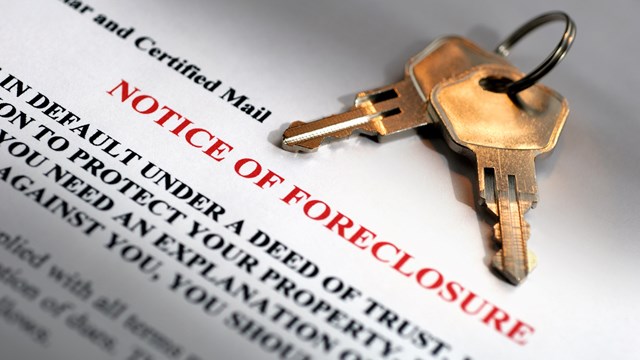—Upper East Side Shareholder
“The underlying question is who may be a director of a corporation. New York law is sparse. Section 701 of the Business Corporation Law (BCL) states the following:
“ … the business of a corporation shall be managed under the direction of its board of directors, each of whom shall be at least eighteen years of age. The certificate of incorporation or the bylaws may prescribe other qualifications for directors.”
“Bylaws in common use during the first big wave of co-op conversions in the 1980’s didn’t specify who could become a director. However, at that time section 216 of the Internal Revenue Code, which controls the deduction of interest and real estate taxes by shareholders, prevented anyone but individuals from being a tenant-shareholder (with some exceptions carved out by case law and revenue rulings of the IRS). Therefore, some certificates of incorporation and (some bylaws) contained provisions limiting stock ownership to individuals. Section 216 was amended in 1986 by substituting “person” for “individual” with the intent of allowing a trust and a corporation to own stock.
“Many co-ops have amended their bylaws to specify who may become a director. Some bylaws state that only resident shareholders can be directors. Others allow non-resident shareholders to serve on the board of directors. Although it is not the question asked, some co-ops prohibit a trust or trustee from owning shares notwithstanding the Internal Revenue Code provisions. In the question asked, the trust already owns the shares so the trustee should be able to serve as a director if there is no language in the bylaws or certificate of incorporation that prohibits such service.”







Comments
Leave a Comment